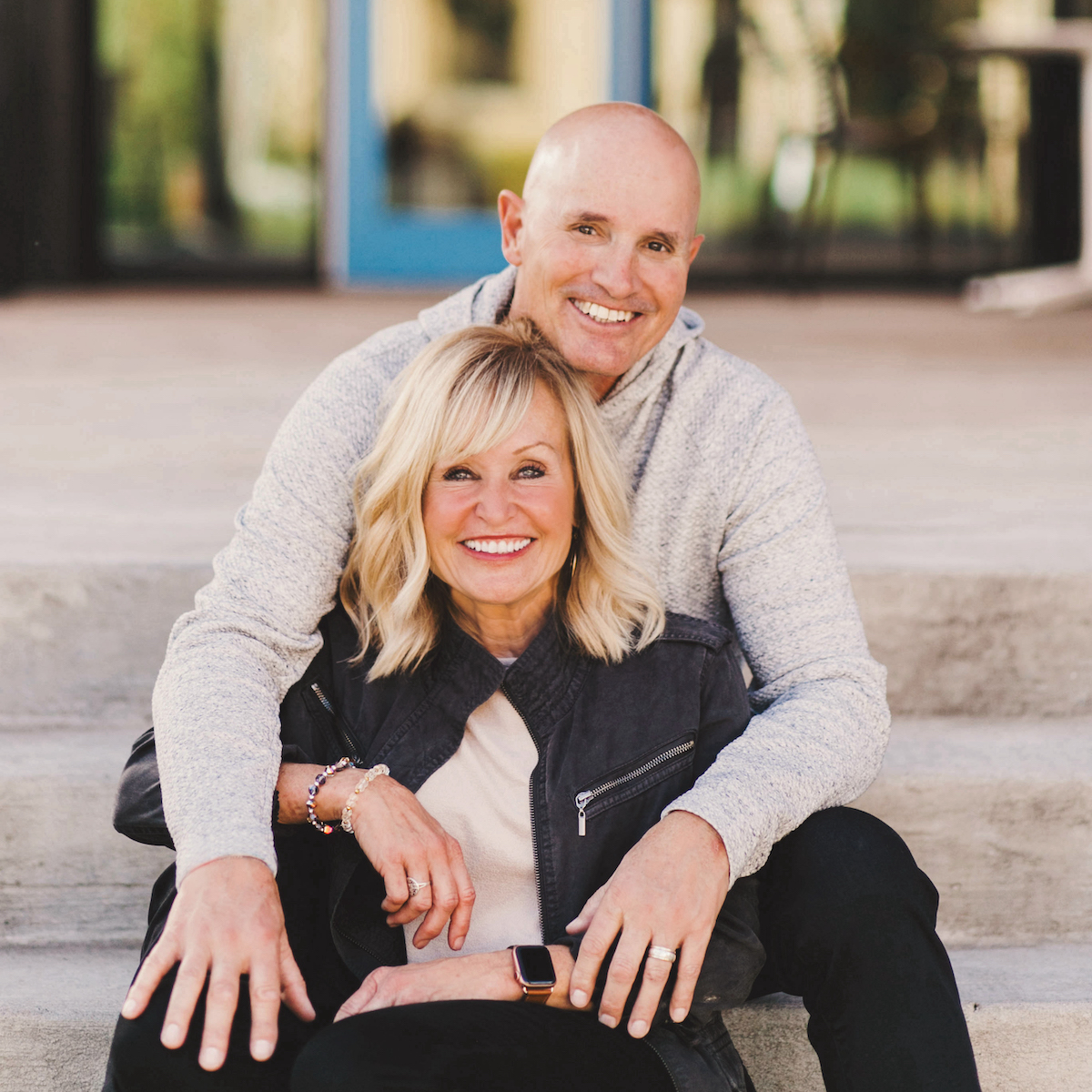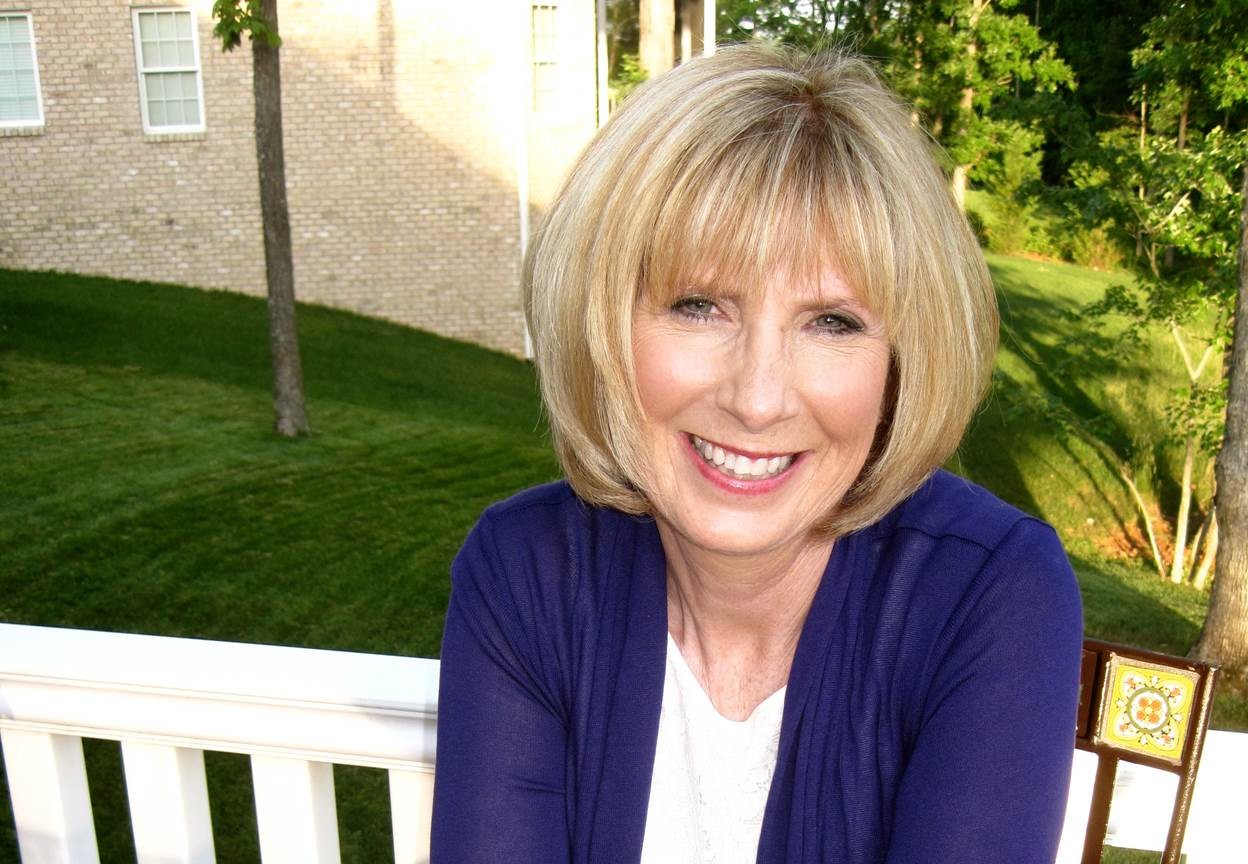Healthy relationships are all about feeling safe and secure. We want to know that no matter what, our relationships won’t fall apart. We want to know that our partner has our back and is committed for the long haul. But how does this happen? Or maybe we should ask, why doesn’t it happen?
At the heart of all relationships is our attachment experiences. Attachment has to do with how we relate to others. It develops early in life. Attachment styles are formed from the emotional bonds created with our parents or caregivers. When caregivers are emotionally available and attentive, we feel secure. When that doesn’t happen, we develop insecure attachments. Secure or insecure, those early attachment styles carry over to adult romantic relationships.
The question is, what jeopardizes a person’s security and makes the attachment insecure?
Ambivalent attachment: If your parent or caregiver was inconsistent with attending to your needs, your attachment style can be ambivalent. Due to that inconsistency, you are not sure you can depend on people. You may feel reluctant to get too close to someone and worry if they will love you back. This could result in doing too much or being too intense in a romantic relationship. An ambivalent attachment style leaves you on edge, wondering-will it work out? You appear overly needy. The uncertainty you feel coupled with the lack of self-esteem leaves you craving emotional intimacy. And you need lots of reassurance. This can result in feeling jealous and having trouble with boundaries as well.
Avoidant-dismissive attachment: This develops early on when parents or caregivers are not emotionally connected or what we called attuned (tuned in) to your needs as a child. This leads to the belief that love is not possible. You want love, but don’t believe it will happen for you. After all, you had to take care of yourself, be self-sufficient and keep people at a distance in order to avoid hurt in your younger years. As a result, you may keep a romantic partner at arm’s length, not share your innermost thoughts and have problems with intimacy. You are suspicious of closeness and don’t want to rely on others since they let you down in the past. If you have this type of attachment, you prefer independence and are uncomfortable with your own emotions.
Disorganized or fearful attachment. This style is based in fear that is usually related to trauma and abuse. Your belief is that you don’t deserve love. It’s hard to cope with the world of relationships because you feel so unsafe. Sometimes you feel love and other times hate. Relationships are confusing because of how neglected you were in terms of your needs. This can result in distrust and feeling the need to control others. And you may use substances to cope with life.
After reading these descriptions, which of these styles best fits you? Pay attention to your nonverbal communication with others. Are you giving messages to stay away? How about messages of low self-esteem? Do you seem overly needy?
Keep in mind that you can change your attachment style and work on intimate relationships. To begin, surround yourself with people who have secure attachments and learn from them. If you need to, work on issues from your past with a professional therapist in order to resolve and understand how family trauma and insecurity affects you now.
Most of all, know that a deep intimate relationship with God can transform your insecurity to secure. God is a loving father who is attuned to all your needs when you talk to Him (prayer). He won’t leave or neglect you once you are in relationship with Him. He can be the corrective parent you never had and help turn your insecurity around.













